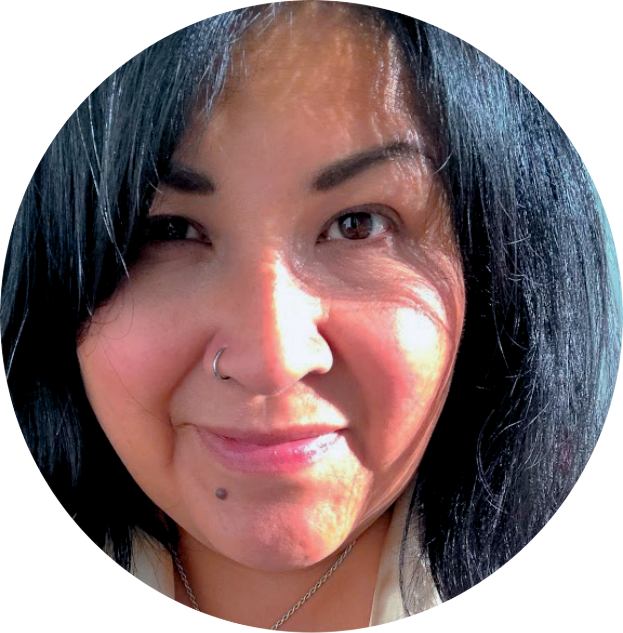Where Do We Go From Here?
In January 2020, Alberta RCMP received a new tip into the disappearance and killing of Amber Tuccaro. However, they also warned in a media advisory: “erroneous information can have negative effects to the investigation and to the well-being of the family."
Amber was a young mother when she disappeared in 2010. She left behind 14-month-old son Jacob. She had checked into a hotel with her son and a female friend. That was the last time she was seen by anyone who knew her. Two years later her skull was found close to Nisku, Alberta.
RCMP issued an apology to the young mom’s family for mishandling the early investigation into her disappearance. In a CBC article, her mom said the RCMP told her “well maybe she’s out partying and she will call or whatever.”
It’s been almost five years since CBC launched their interactive database of missing and murdered Indigenous women and girls. Other news outlets like the Globe and Mail followed suit and wrote comprehensive coverage of this national tragedy. Further databases have followed, and while some murders and disappearances have been solved, the majority of the cases of our women in these databases go unsolved.
So, half a decade later, what has changed? During this time, the National Inquiry was completed, their final report released with 231 Calls for Justice, tips continue to come in.
When it was clear there was a larger issue at play, it was the grassroots, the families and community members, who shared stories amongst themselves. And while the mainstream media is still interested in telling the stories of the women who are gone, it will be the grassroots, families and communities who keep their memories alive. They will continue to search and look for answers in the murders and disappearances of their daughters, sisters, aunties, grandmothers, nieces, cousins and friends.
Sharing the stories of missing and murdered Indigenous women and girls is important work. The team that brought you Taken worked hard to care for the women’s and their families’ stories. They have done their best to provide a platform to help shed light and perhaps bring new clues to their murders or disappearances. Some of these stories have been turned into a 10-part podcast series. We hope you will listen and share them with your networks, in the hope some of these crimes will be solved.
Kim Wheeler is a writer and publicist. She is the original writer/researcher for Taken. Her daughter, Katarina Ziervogel, is walking in her mom’s footsteps. Katarina also worked on Taken as a writer and social media producer. Kim is holding the doors open for her daughters to walk through.

